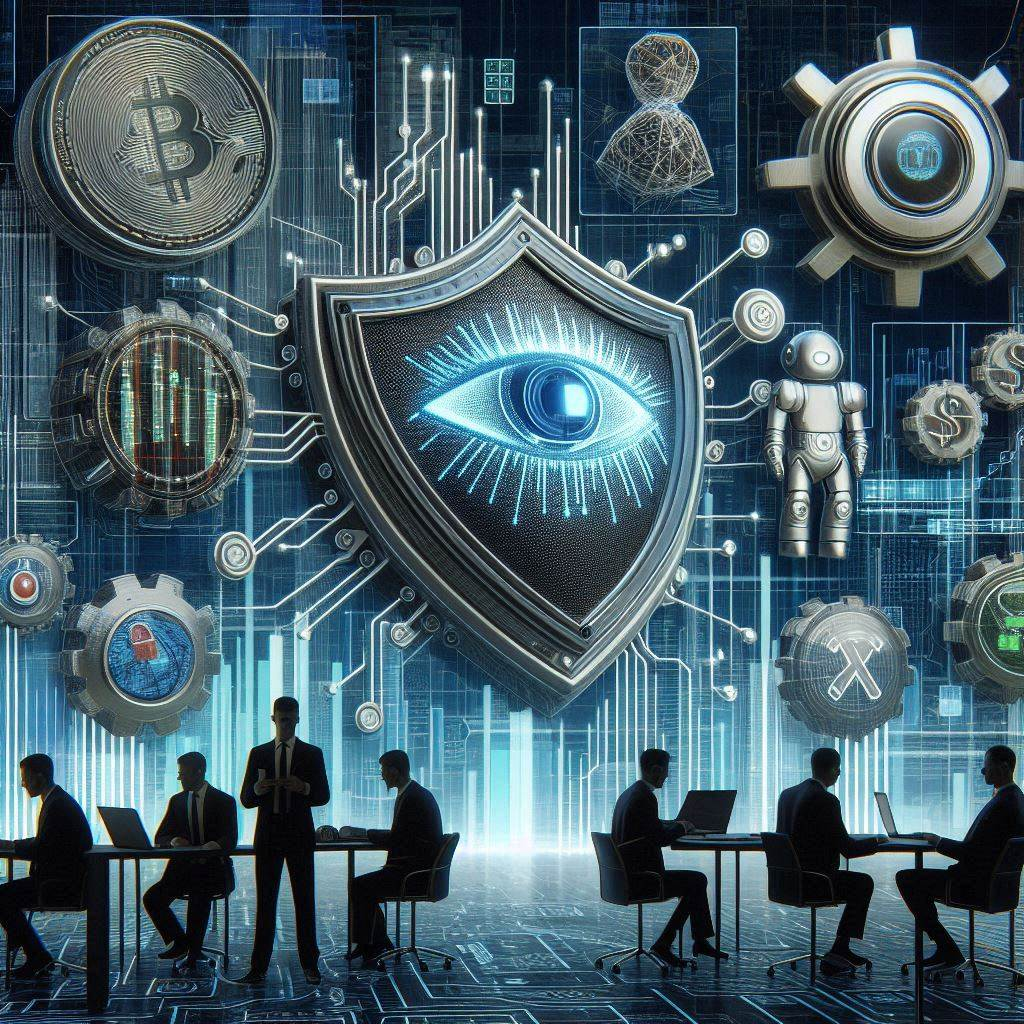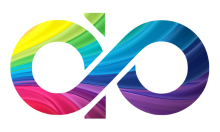Artificial intelligence (AI) has become a transformative force in trading, enabling rapid data analysis, predictive modeling, and automation of complex strategies. However, despite its advanced capabilities, AI trading systems are not infallible. Human oversight is crucial in preventing and addressing potential failures, ensuring that AI-driven trading remains accurate, ethical, and efficient. This blog explores the critical role of human intervention in detecting anomalies and preventing AI-driven trading errors or malfunctions.
The Limitations of AI in Trading
1. Model Limitations and Errors
AI trading models are based on historical data and algorithms, which can have limitations:
- Data Quality Issues: AI models depend on high-quality data. Poor or incomplete data can lead to incorrect predictions and decisions.
- Overfitting: Models trained too closely on historical data may fail to generalize to new market conditions, leading to overfitting and suboptimal performance.
- Algorithmic Errors: Bugs or flaws in the algorithm’s code can produce unexpected or erroneous trading signals.
2. Market Volatility and Unpredictability
AI models might struggle with extreme market conditions:
- Unanticipated Events: AI systems may not account for sudden geopolitical events, economic shocks, or other unforeseen circumstances that can impact the market.
- Market Structure Changes: Changes in market structure or trading regulations can render existing AI models less effective or obsolete.
3. Bias and Ethical Concerns
Biases embedded in AI models can lead to ethical issues:
- Data Bias: Historical data used for training may contain biases that AI systems can perpetuate.
- Algorithmic Discrimination: AI models might unintentionally favor certain assets or trading strategies, leading to unfair practices.
The Importance of Human Oversight
1. Detecting Anomalies
Human oversight is vital for identifying anomalies that AI might miss:
- Real-Time Monitoring: Human traders and analysts can monitor AI systems in real-time, detecting unusual patterns or discrepancies that may indicate potential issues.
- Contextual Understanding: Humans can provide contextual understanding that AI might lack, recognizing market signals or news events that could impact trading outcomes.
2. Validating AI Outputs
Ensuring the accuracy and relevance of AI-generated signals requires human intervention:
- Cross-Verification: Human experts can cross-verify AI-generated signals with fundamental analysis and market insights to ensure they align with broader market conditions.
- Adjustments: Humans can adjust AI models and trading strategies based on current market trends and economic forecasts.
3. Addressing Errors and Malfunctions
Humans play a critical role in addressing errors and malfunctions in AI systems:
- Error Detection: Human oversight can identify and rectify errors in AI models or trading algorithms before they lead to significant losses.
- Troubleshooting: Experienced professionals can troubleshoot technical issues and implement corrective measures to prevent system failures.
4. Ensuring Ethical Practices
Human oversight is essential for maintaining ethical standards in AI trading:
- Bias Mitigation: Humans can review and address biases in AI models, ensuring that trading practices remain fair and equitable.
- Regulatory Compliance: Human oversight ensures that AI trading systems comply with financial regulations and ethical guidelines.
Best Practices for Effective Human Oversight
1. Implementing Real-Time Monitoring Systems
Set up robust real-time monitoring systems to track the performance of AI trading models:
- Alerts and Notifications: Configure alerts for unusual trading patterns or system anomalies that require immediate attention.
- Dashboard Views: Use dashboards to provide comprehensive views of AI system performance, including key metrics and real-time data.
2. Establishing Review and Escalation Procedures
Create procedures for regular reviews and escalation of issues:
- Regular Audits: Conduct regular audits of AI models and trading strategies to ensure they are functioning as intended.
- Escalation Protocols: Develop clear escalation protocols for addressing critical issues, including procedures for involving senior analysts and decision-makers.
3. Maintaining a Skilled Oversight Team
Assemble a team of skilled professionals to oversee AI trading systems:
- Diverse Expertise: Include professionals with diverse expertise, including data scientists, financial analysts, and risk managers, to provide comprehensive oversight.
- Continuous Training: Provide ongoing training for the oversight team to keep them updated on new technologies, market trends, and regulatory changes.
4. Promoting Collaboration Between AI and Human Experts
Foster collaboration between AI systems and human experts:
- Feedback Loops: Implement feedback loops where human insights are used to refine and improve AI models and vice versa.
- Integrated Decision-Making: Ensure that AI-generated signals are integrated with human decision-making processes to enhance accuracy and effectiveness.
5. Ensuring Transparency and Accountability
Maintain transparency and accountability in AI trading operations:
- Documenting Decisions: Document the rationale behind AI-generated trading decisions and human interventions.
- Audit Trails: Keep detailed audit trails of all trading activities and system changes for transparency and accountability.
Case Studies Illustrating Human Oversight in Action
Case Study 1: Knight Capital Group
In 2012, Knight Capital Group experienced a significant trading error due to a malfunctioning algorithm that caused a $440 million loss in just 45 minutes. The incident highlighted the need for rigorous human oversight and real-time monitoring to detect and address system errors promptly.
Case Study 2: JPMorgan Chase’s “London Whale” Incident
In 2012, JPMorgan Chase faced a major trading loss due to risky positions taken by the “London Whale.” While AI models played a role in risk assessment, the lack of adequate human oversight and risk management contributed to the failure. The incident underscored the importance of human judgment in overseeing complex trading strategies.
Conclusion
While AI has revolutionized trading by enhancing speed, precision, and analytical capabilities, it is not without its limitations and potential pitfalls. Human oversight is indispensable in detecting anomalies, validating AI outputs, addressing errors, and ensuring ethical practices. By implementing real-time monitoring systems, establishing review and escalation procedures, maintaining a skilled oversight team, promoting collaboration, and ensuring transparency and accountability, financial institutions can effectively manage AI-driven trading systems and prevent failures. The combination of AI’s analytical power with human expertise ensures a more resilient and responsible trading environment.



Leave A Comment